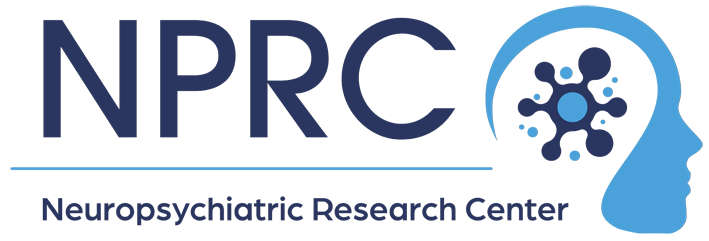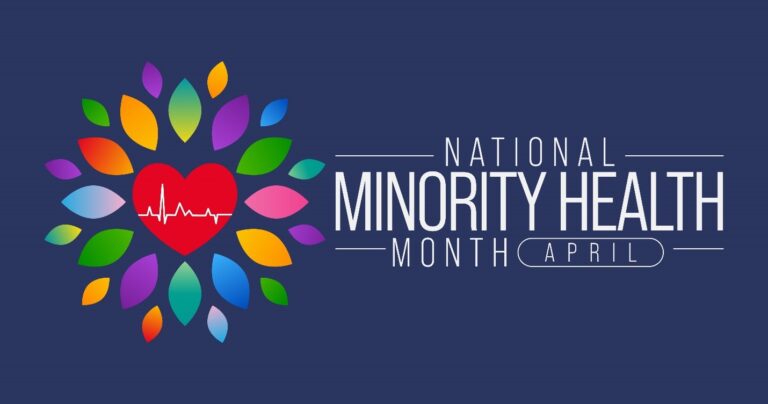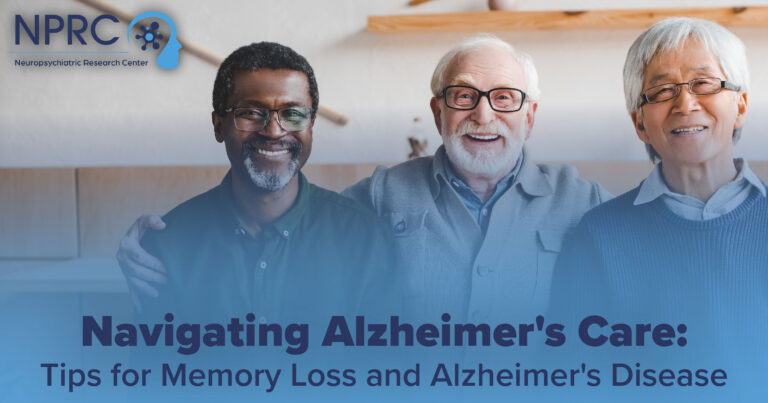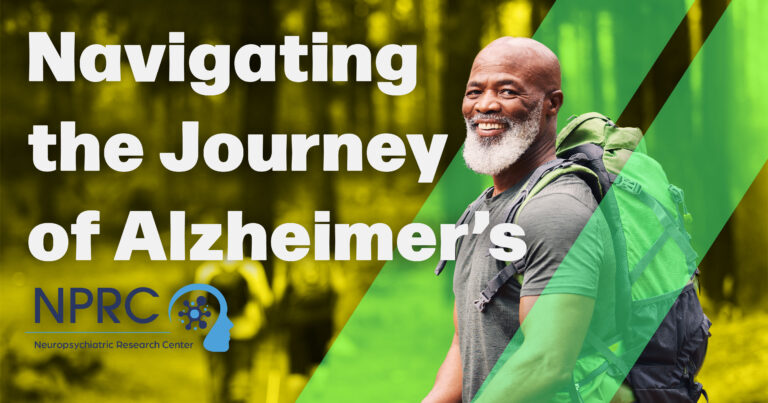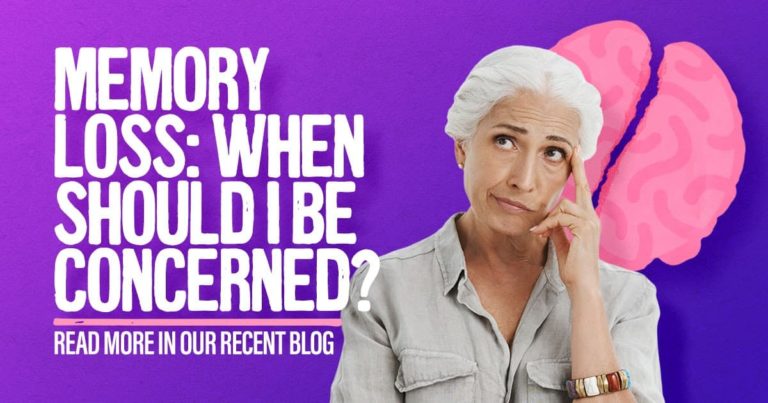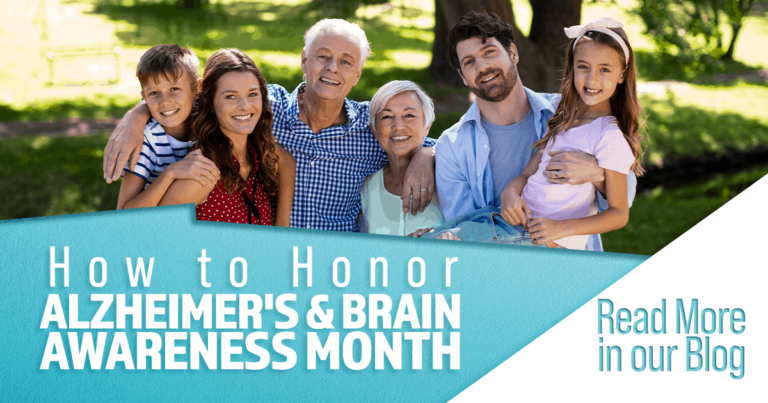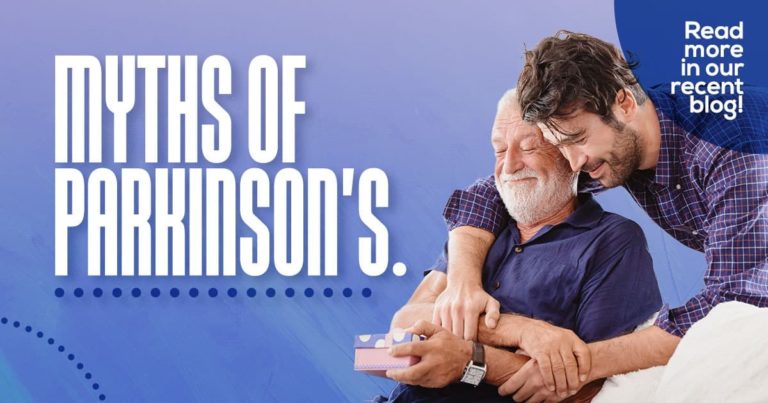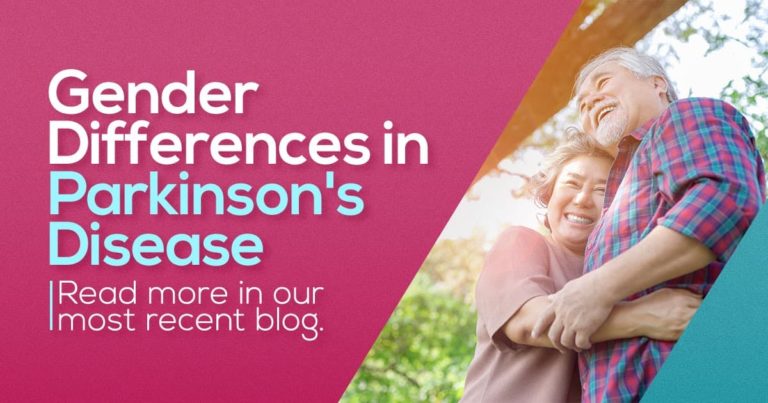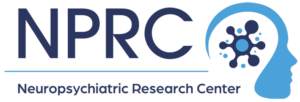NATIONAL MINORITY HEALTH MONTH
In celebration of National Minority Health Month, we explore the impact of diversity in clinical trials on public health. Clinical trials play a crucial role in medical research by testing the safety and efficacy of new treatments, making it essential that they accurately reflect the population they aim to serve. Read on to learn more …

